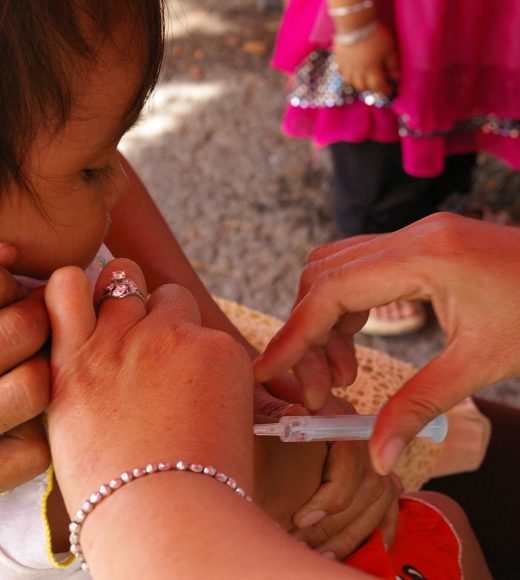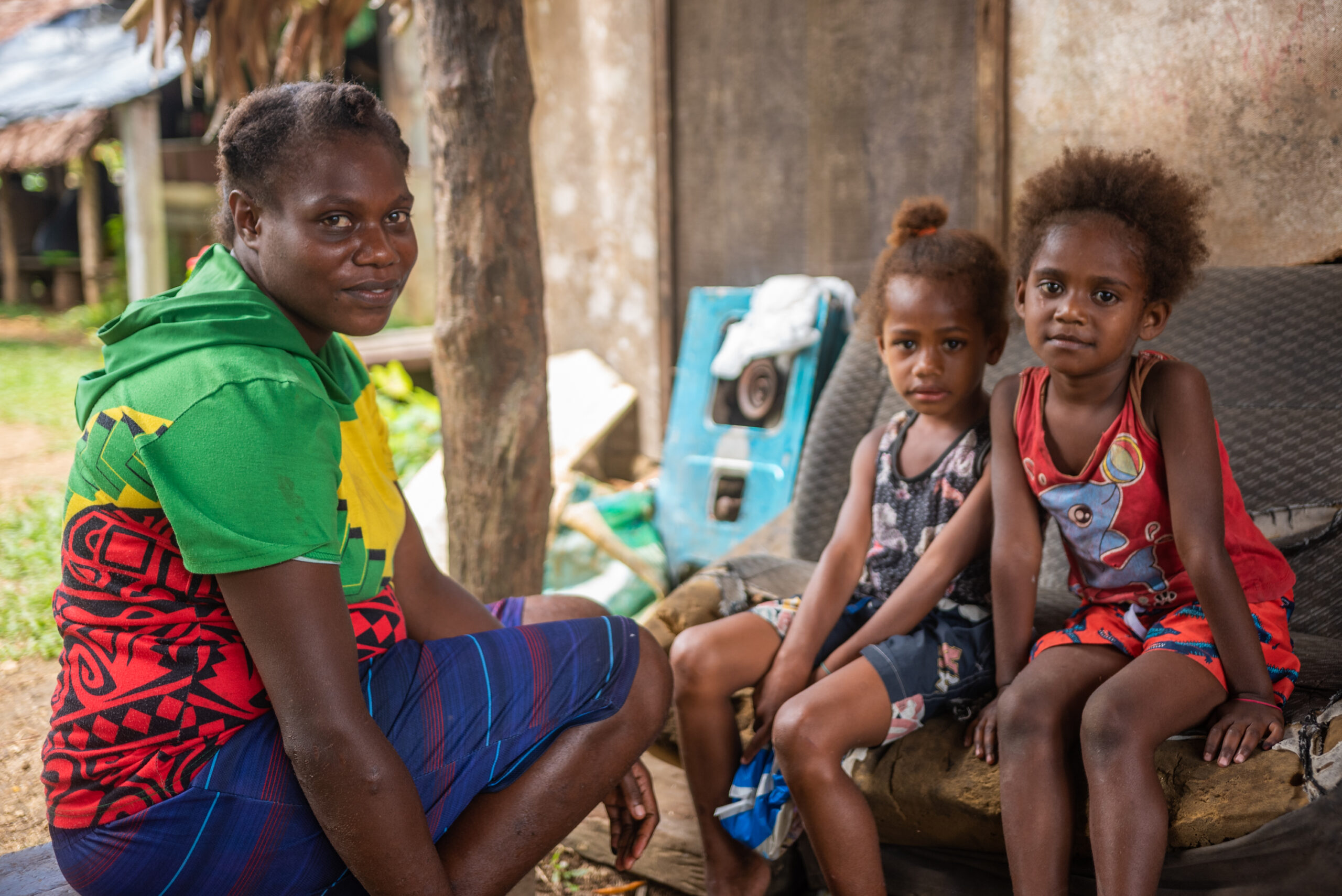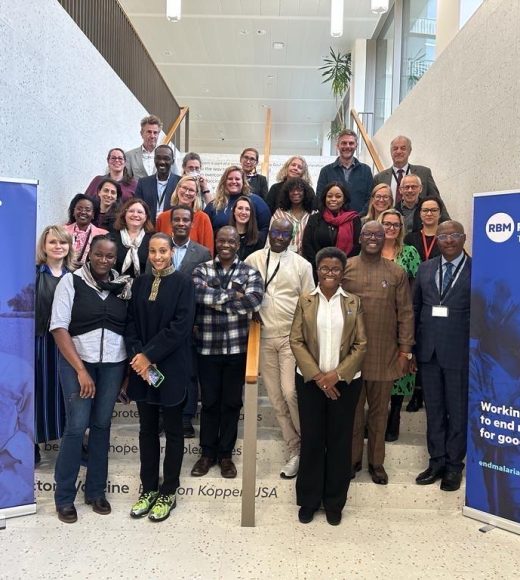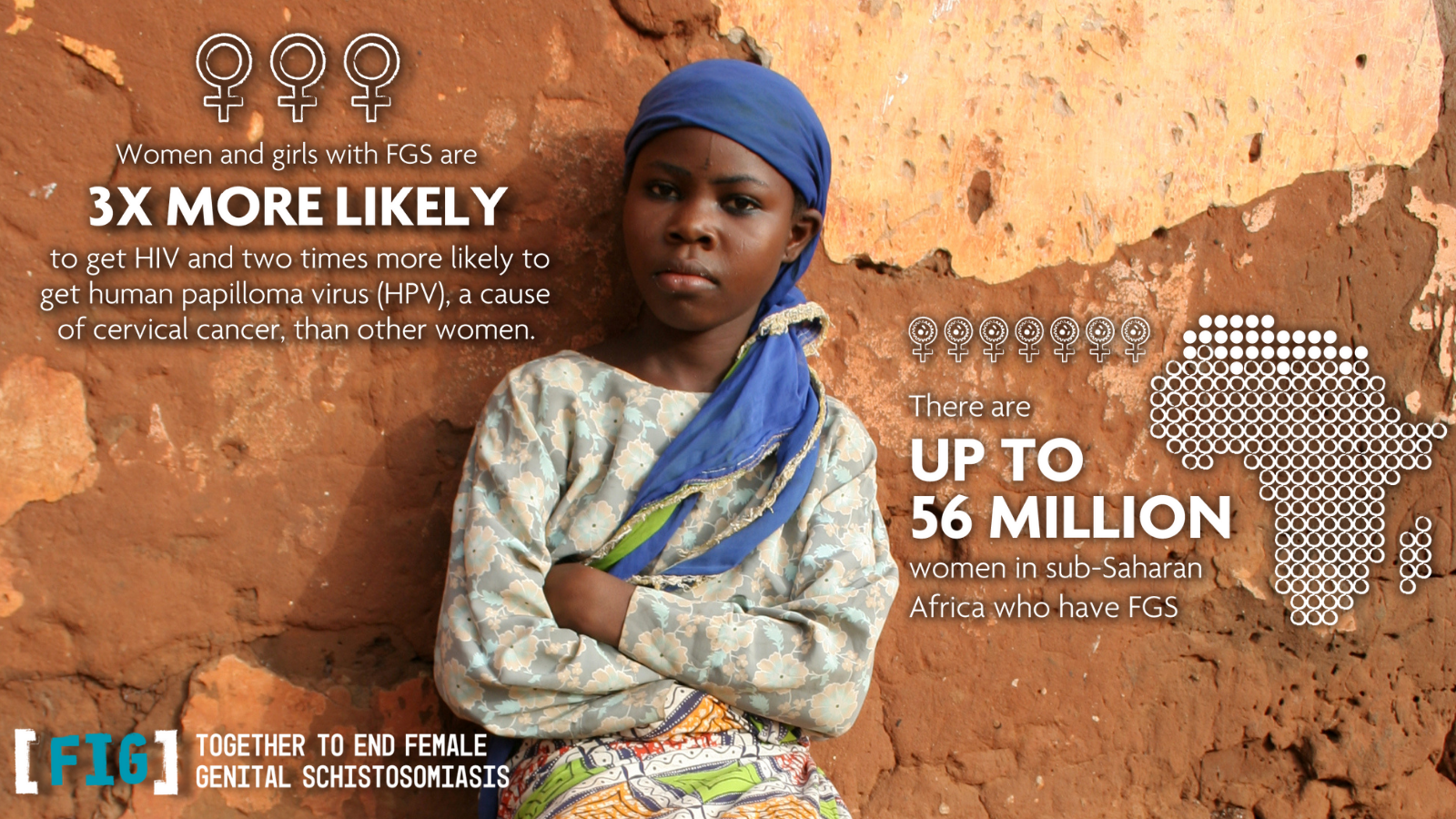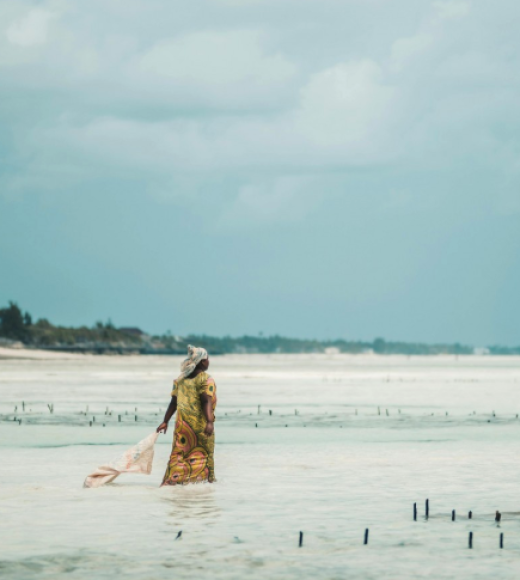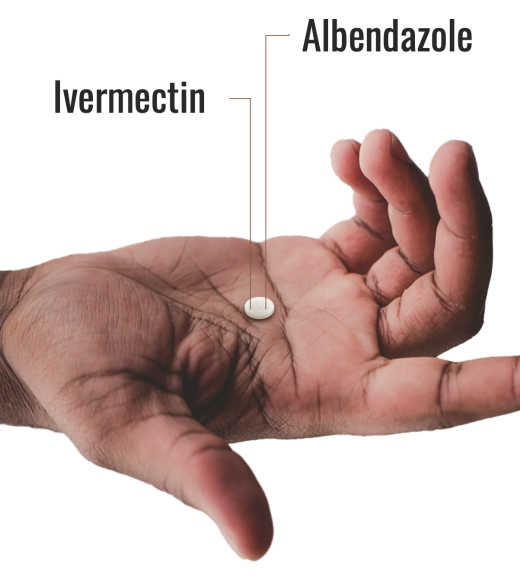
Strategic alignment:


2023 – Present
STOP2030
Soil-transmitted helminth (STH) infections, or intestinal worms, affect over 1.5 billion people, particularly in the world’s most neglected communities. These infections hinder well-being, reduce educational outcomes, and limit productivity. While current treatments like albendazole and mebendazole are valuable, they are ineffective against two of the five worm species. A new, more comprehensive treatment using a fixed-dose combination (FDC) of ivermectin and albendazole can treat all five species, addressing drug resistance and offering a pediatric-friendly formulation.
In July 2023, Bridges and six partners launched the STOP2030 Consortium to develop and implement this FDC treatment, supported by the European Union and Switzerland’s State Secretariat for Education, Research, and Innovation. The project aims to improve data on the safety, effectiveness, and cost-efficiency of FDC in school-based deworming programs. Regulatory reviews in Europe, Ghana, Kenya, and WHO prequalification are expected to allow large-scale public health use by 2025.
Bridges leads efforts to ensure that this data informs decision-making on policy, access, and financing for FDC treatment. In 2023, Bridges helped establish the consortium’s legal framework and supported early trial planning in Ghana and Kenya.
For more information, check out stop2030.org

